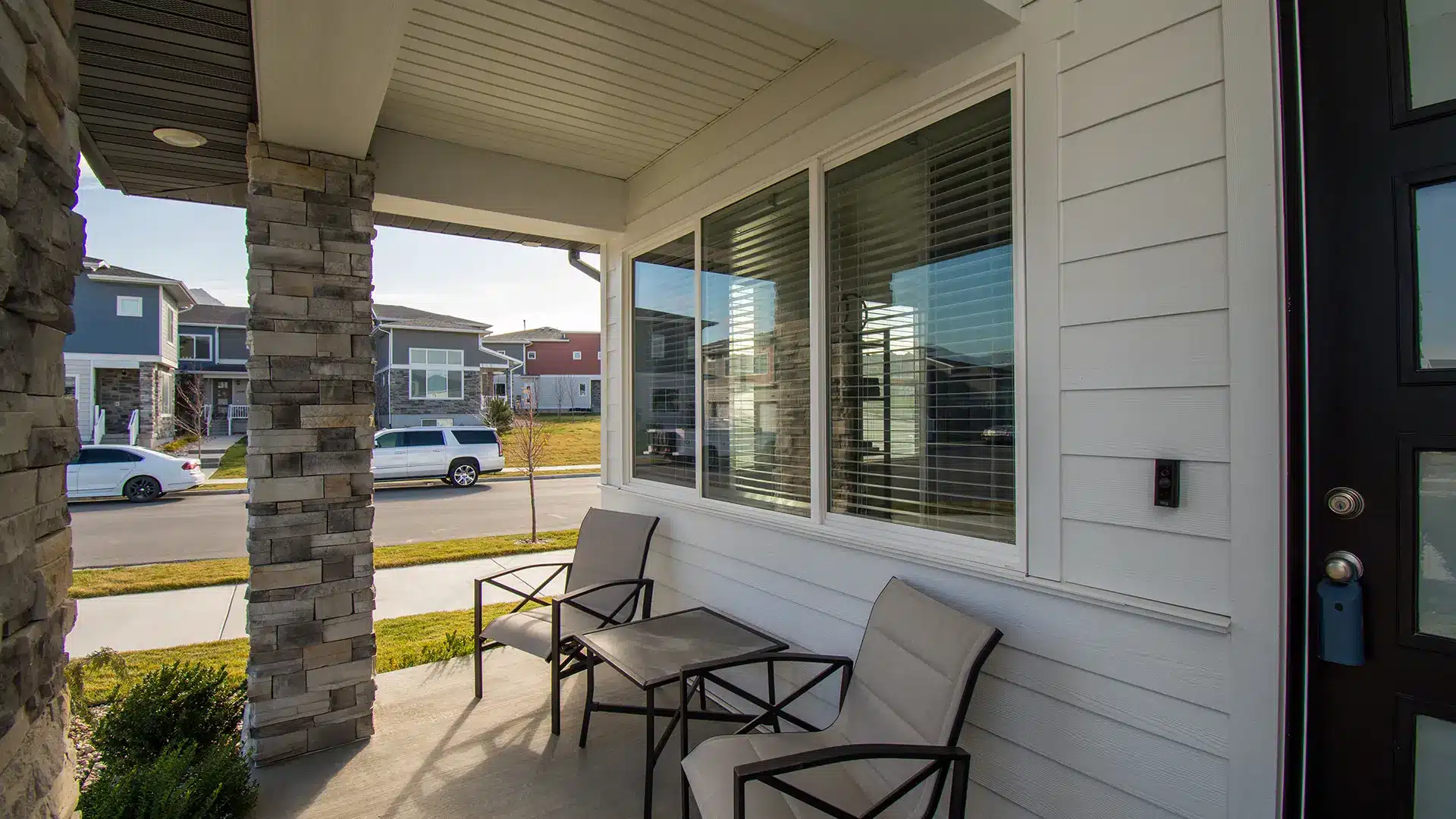
Newsletter Subscribe
Enter your email address below and subscribe to our newsletter

Enter your email address below and subscribe to our newsletter

Buyers hold significant power in the real estate market, driving various trends and influencing how properties are sold. Understanding how the home buyer business model operates can provide invaluable insights for those looking to navigate the complexities of purchasing a home. Whether you’re a first-time buyer or an experienced investor, grasping the nuances of this model can help streamline the buying process and potentially save time and money in the long run.
In this exploration, we will delve into the key components of the home buyer business model, notably how offers are made, accepted, and finalized in the home-selling journey.
The home-buying process begins when a buyer identifies a property they wish to purchase. This stage involves a myriad of considerations, including market research, property inspections, and financial assessments.
Buyers typically start by browsing listings, attending open houses, and comparing property features. It’s crucial for buyers to evaluate their financial situation thoroughly. Knowing your budget and securing pre-approval for a mortgage can enhance your credibility in the eyes of sellers.
Once a potential home is identified, buyers seek to determine a fair market value. Crucial elements include recent sale prices of similar properties (comparables), current market conditions, and unique features of the property in question. This due diligence often leads to the formulation of an offer that pairs well with the market’s expectations.
An offer is an official proposal to purchase the property at a specified price. It typically includes conditions, such as financing and inspections, that must be satisfied before a sale is finalized.
When it’s time to draft the offer, buyers should work closely with a real estate agent knowledgeable about local market conditions. A well-crafted offer can be the difference in a competitive market where multiple bids are common. Upon presenting an offer, buyers often include a cover letter that personalizes the proposal.
Sharing reasons why a buyer wants the home can create an emotional connection with the seller, potentially swaying their decision when faced with multiple offers. Having a robust strategy for negotiation is good. This might include flexibility on closing dates or the effort to accommodate the seller’s stated needs.
Negotiation is a pivotal stage in the home-buying process. Often, sellers will respond to offers with counteroffers, prompting further discussions between the buyer and seller. Buyers must remain patient and composed during this stage, as emotions can run high when negotiating such a significant investment.
Good communication lines between buyers and sellers, often facilitated through their respective agents, can yield beneficial outcomes in favor of the buyer. Once a compromise between the offer and the asking price is reached, the next steps require diligence. This includes conducting a home inspection, which may unveil necessary repairs or conditions that need addressing before the sale is finalized.
If any significant issues are identified during this phase, buyers are typically given the option to renegotiate terms or withdraw their offer. Depending on the state, buyers may have the right to negotiate repairs or seek financial compensation if problems arise.
The closing stage of the buying process is where everything culminates. Both parties convene to finalize paperwork, discuss any last-minute details, and ensure compliance with financing conditions. This moment often brings a sense of relief and accomplishment.
Depending on the agreements made, both parties might need to meet pre-closing requirements, such as appraisal and clear title validations. Title insurance typically comes into play here, protecting buyers from unforeseen claims on the property. Buyers need to prepare for additional costs associated with closing, which may include escrow fees, attorney fees, and funding of the down payment.
State-specific considerations must be examined to guarantee compliance. Those looking to explore local options may want to consider services like Florida Buy Your Home, which can facilitate smoother transactions in Florida. Proper preparation and awareness during this final step can help ensure a seamless transition from buyer to homeowner.
Once the sale concludes and the buyer obtains the keys, the journey does not simply end. Buyers should evaluate the home-buying experience, including how they secured financing and navigated challenges.
Understanding this can help buyers make better decisions in the future, regarding future investments or rental properties. It is beneficial to organize documentation from the closing process meticulously, which becomes necessary for future references.
In addition to documentation, new homeowners might engage with their local community and overhaul their home to suit personal preferences.
It can involve renovations, landscaping, or choosing interior design elements that enhance their living space. Building relationships with neighbors and community members can foster a sense of belonging, helping new homeowners adapt more successfully to their new environment.
Looking forward, the home-buying business model is influenced by a shifting demographic and the evolving technology landscape.
Younger buyers, particularly Millennials and Generation Z, are pushing for features such as smart homes, green initiatives, and accessibility to tech-based services to enhance their purchasing experience. As more buyers lean towards online platforms for browsing and purchasing decisions, traditional methods face updates to accommodate this digital shift.
Economic factors such as interest rates and job security impact buyer capabilities. As inflation continues to change the real estate landscape, flexibility and readiness to adapt will be essential.
Conversations about housing affordability are crucial, as they influence economic mobility across various communities, in urban areas where market values fluctuate rapidly. Engaging with local and national real estate trends can equip buyers with the knowledge necessary to make informed decisions as they navigate this complex journey.
Understanding the ins and outs of the home buyer business model empowers buyers, helping them secure their desired properties while avoiding common pitfalls often associated with home purchases. It embraces the notion that each buying experience is unique and varies based on the buyer’s needs, desires, and market conditions.